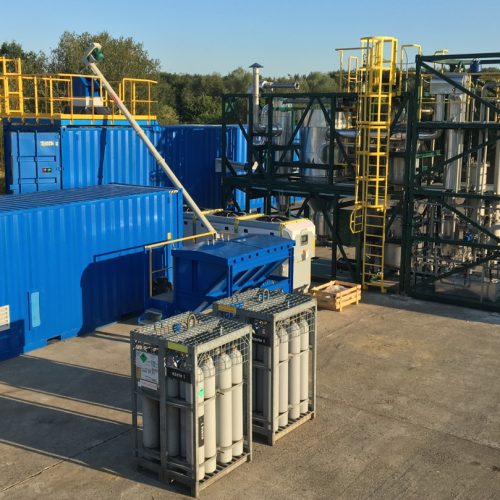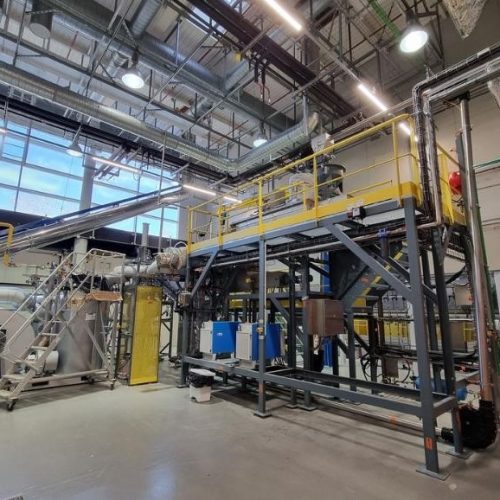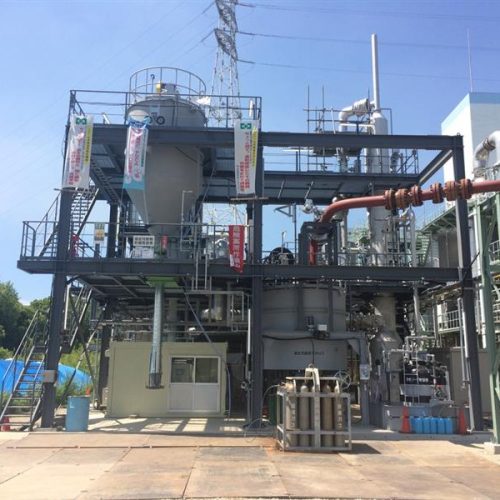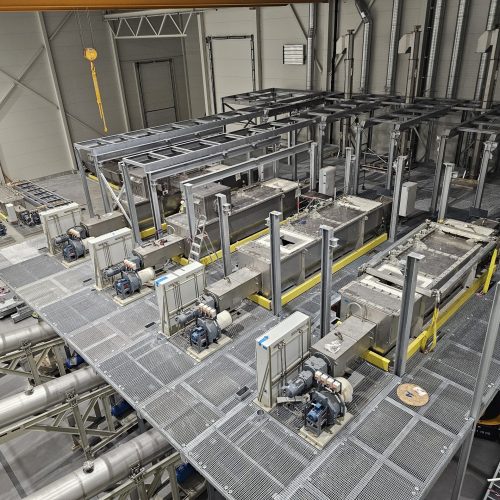Decarbonization
A priority for a better world
In the world of increasing emissions and climate change, decarbonization is a key term used to describe phasing out of carbon dioxide emissions from the use of fossil fuels.
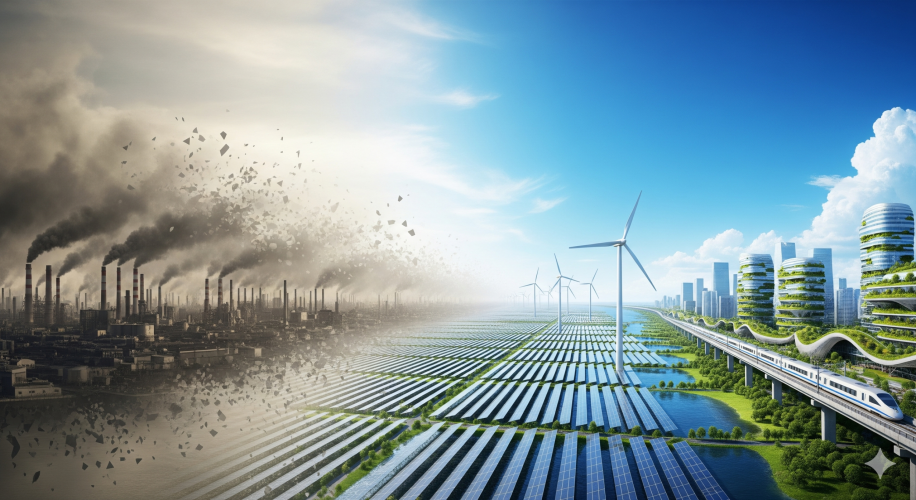
Since 2019, ETIA has been incorporated to VOW ASA group, a Norwegian company whose name reflects the company commitments to provide decarbonization solutions to sea and land based industries.
It is a critical aspect of managing the global greenhouse gas problem. In the strictest sense of the word, decarbonization means removing the carbon from the process chain.
In wider use, today the decarbonization term is also used to describe avoiding the combustion of fossil fuels to reduce the emissions of carbon dioxide to the atmosphere.
Moving towards a low-carbon future
The climate change concerns are addressed more intensively every year and having increasing impact on the change of energy generation and processing habits.
One of the major points of attention in the climate change discussion is reduction of the greenhouse gases emission from the industry.
Across the various industries, the fossil fuels are used not only for the power generation, but also for heating applications, serving as a primary source for process heat in energy-intensive industries. Combustion of fossil fuels is currently one of the major sources of GHG emissions worldwide and the need of decarbonized technologies is emerging quickly.
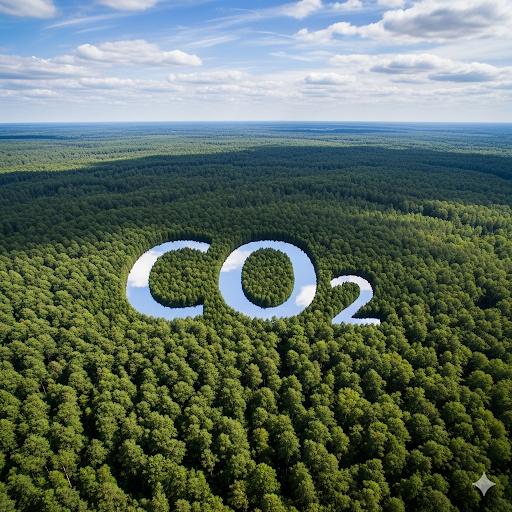
Global energy transition
World’s global economy has gone through many energy transitions in its development course, switching from wood to the dominance of coal, succeeded by oil and then natural gas.
Until now, most of the changes were driven by the convenience and cost-competitiveness, while the environmental aspects of fuel choice were not among the important considerations. In the face of global climate crisis, the industry realizes the necessity of moving towards a low-carbon future.
In every country, there is currently a substantial shift towards the renewable energy sources as environmentally sustainable and climate friendly alternative to create power.
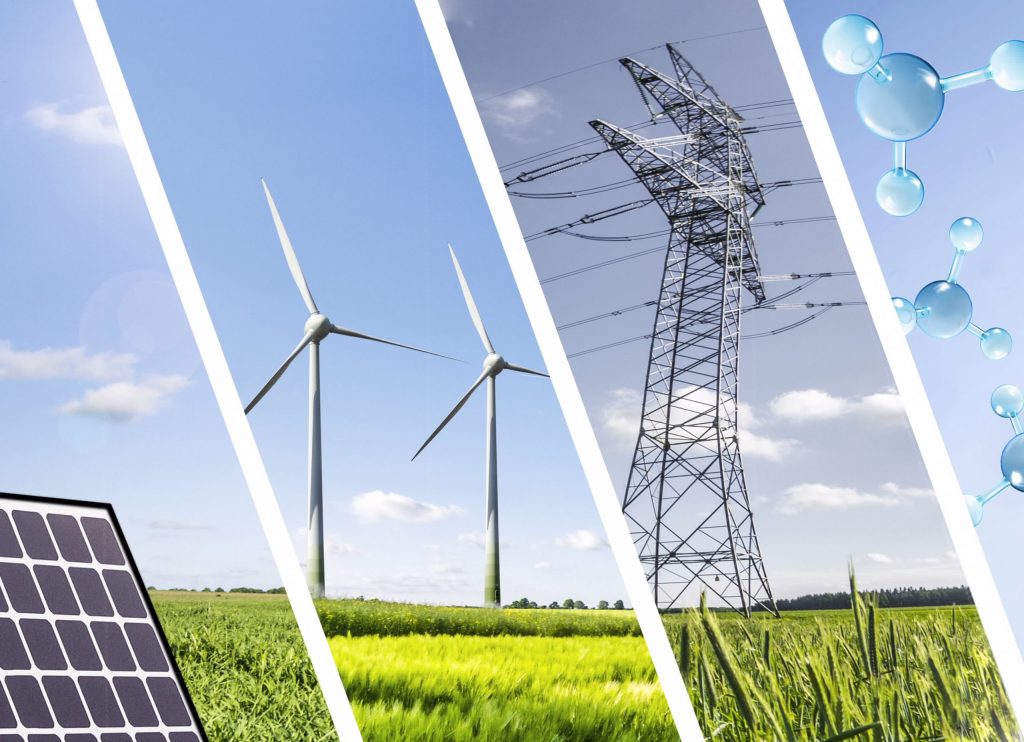

Different paths to decarbonization of industry
There are several approaches in achieving the decarbonization of industrial processes. One of the most important is electrification of the existing processes for heat treatment. Our technology answers to this demand by offering mineral calcination, sterilization, debacterization, roasting, toasting and thermochemical treatment processes carried with electrically heated technologies like Spirajoule.
Other important approach covers substitution of the fossil fuels themselves, by producing a climate-friendly, sustainable alternative to industrial coals and gases. We address this approach by using Biogreen technology, which is a high-temperature pyrolysis process allowing to generate biocarbon and calorific gases from biomass, waste and residues. Thanks to this approach, energy-rich and environmentally friendly products of the process can replace natural gas or traditional coal in the industrial applications.
Carbon Capture and Storage (CCS) is also an important tool to mitigate climate change. When pyrolysing biomass with Biogreen technology, we convert carbon into a very stable form that can stay in the soil for century. The IPCC has estimated the sequestration potential of biochar to be between 0.3 and 6.6 gigatons of CO₂ eq. per year.
Heavy industries (cement, steel, chemical…) are responsible for almost 40% of global carbon dioxide (CO₂). Replacement of the fossil coke (reducing agent) by biocarbone generated thanks to Biogreen process is an already proven way to reduce the emissions.
Towards a more sustainable industry
We believe in climate friendly industry. The way we support this idea is by proposing alternatives to the old, fossil-fuel based processes. Our concept is based on clean electricity to support the global energy transition. And since 30 years, we produce precise, high quality equipment to do so.
